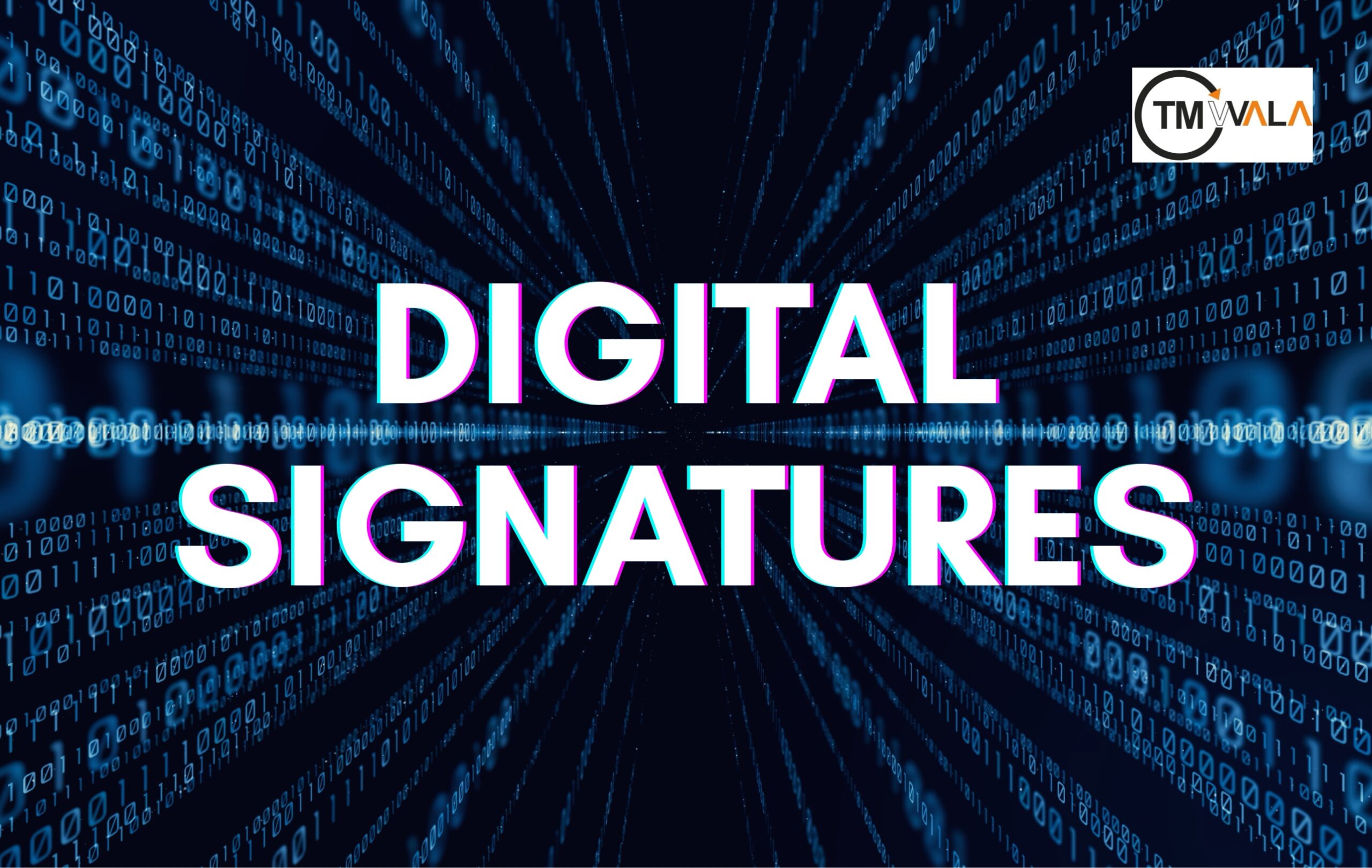
In the modern digital Era, safeguarding electronic information has become an essential requirement. Whether it involves online communication, financial transactions, or the exchange of digital documents, ensuring authenticity and security is crucial. Digital signature certificates serve as a foundational tool in establishing trust, preventing tampering, and confirming the identity of individuals or entities involved in electronic interactions. In this article, we examine the types of digital signature certificates, how they function, and why they are vital in today’s technology-driven environment. Platforms like TMWala also make access to these certificates easier for both individuals and businesses.
A Digital Signature Certificate (DSC) is an electronic equivalent of a physical signature, designed to verify the identity of the signer and guarantee that the content of an electronic document remains unchanged.
A DSC is issued by a trusted Certificate Authority (CA)regulated by the Controller of Certifying Authorities (Ministry of Electronics & Information Technology). READ MORE: How to get a Digital Signature Certificate | CCA, which validates the user’s identity and binds it to a unique digital signature. This system ensures authenticity, integrity, and non-repudiation for electronic records.
Digital signature certificates offer different levels of security depending on the nature of the transaction and the sensitivity of the information being exchanged. Understanding the types of digital signature certificates allows individuals and businesses to select the appropriate option for their specific requirements.
Class 1 certificates provide basic security and are mainly used for low-risk online activities, such as personal emails or simple digital transactions. These certificates verify the user’s identity to a limited extent and are suitable for individuals who do not handle sensitive data.
Key Characteristics
Class 2 certificates are designed for users who need a moderate level of security. They are commonly used in professional settings, commercial platforms, and official online submissions.
Key Characteristics
Class 3 is the highest and most secure DSC category available. These certificates are issued only after a stringent verification process and are recommended for users involved in high-value or confidential digital transactions.
Key Characteristics
Apart from security levels, digital signatures can also be categorized by intended use. Here are some common uses of a digital signature certificate in both personal and professional settings:
The benefits of a digital signature certificate extend far beyond simple authentication. They help streamline workflow, reduce paperwork, promote secure operations, and enhance trust in online transactions. Digital signatures also support regulatory compliance and offer legal validity to electronic records.
The adoption of digital signature certificates in India has skyrocketed across government agencies, businesses, and personal users due to increasing digital transformation initiatives. Trusted authorities licensed by the Controller of Certifying Authorities (CCA) issue these certificates and ensure compliance with national security and verification standards.
To understand how to apply for a digital signature certificate in India, applicants must choose a licensed certifying authority, complete the identity verification process, submit mandatory documents, and follow the prescribed application steps. Depending on the class of certificate required, the verification may be conducted online or in person.
Numerous authorized entities offer DSC services nationwide. When selecting digital signature providers in India, users should consider factors such as certification class, support options, renewal procedures, and compliance with government guidelines.
Many Certifying Authorities (CAs) offer online tools to verify DSC validity. Here’s a quick process:
When a DSC expires, users must follow the process of how to renew a digital signature certificate, which generally involves re-verification, document submission, and fee payment. Renewing a certificate in time prevents disruption in filing, communication, or digital authorization tasks. To renew the DSC, one can follow these steps.
Digital Signature Certificates have become a fundamental component of secure digital operations, supporting everything from personal communication to large-scale business and government transactions. By understanding the various types of digital signature certificate, their security levels, and their specific applications, users can make informed choices that match their operational needs. With the rapid expansion of digital transactions in India, the role of trusted CAs, proper verification, and timely renewal has become even more important. Whether an individual or an organization, adopting the right DSC enhances trust, improves workflow efficiency, and ensures legal and regulatory compliance in an increasingly digital environment. With service platforms like TMWala, obtaining, managing, and renewing DSCs becomes even more convenient, reliable, and efficient.
Get started instantly
"*" indicates required fields

TMWala
Your one stop shop for all your business registration and compliance needs.
"*" indicates required fields
Choose your Entity Type
Non-MSME/ Large Entitie
Individual/ MSME/ Sole Proprietorships

₹9,000.00 Original price was: ₹9,000.00.₹3,999.00Current price is: ₹3,999.00.
Trademark Application @ ₹3999* (Premium Discounted Plan for MSME/Individual/Sole Proprietorships) Comprehensive
Government Fees
₹4500/-

₹9,000.00 Original price was: ₹9,000.00.₹3,999.00Current price is: ₹3,999.00.
Trademark Application @ ₹3999* (Premium Discounted Plan for Non-MSMEs/Large Entities) Comprehensive
Government Fees
₹9000/-
Choose your Entity Type
Individual/ MSME/ Sole Proprietorships
Non-MSME/ Large Entities
₹3,500.00 Original price was: ₹3,500.00.₹1,999.00Current price is: ₹1,999.00.
Government Fees
₹4500/-
₹3,500.00 Original price was: ₹3,500.00.₹1,999.00Current price is: ₹1,999.00.
Government Fees
₹9000/-
Choose your Entity Type
Individual/ MSME/ Sole Proprietorships
Non-MSME/ Large Entities

₹1,500.00 Original price was: ₹1,500.00.₹999.00Current price is: ₹999.00.
Trademark Application @ ₹999* (Basic Discounted Plan for MSME/Individual/Sole Proprietorships) Best-Selling, Economical & Easy

₹1,500.00 Original price was: ₹1,500.00.₹999.00Current price is: ₹999.00.
Trademark Application @ ₹999* (Basic Discounted Plan for Non-MSMEs/Large Entities) Best-Selling, Economical, Quick and Easy